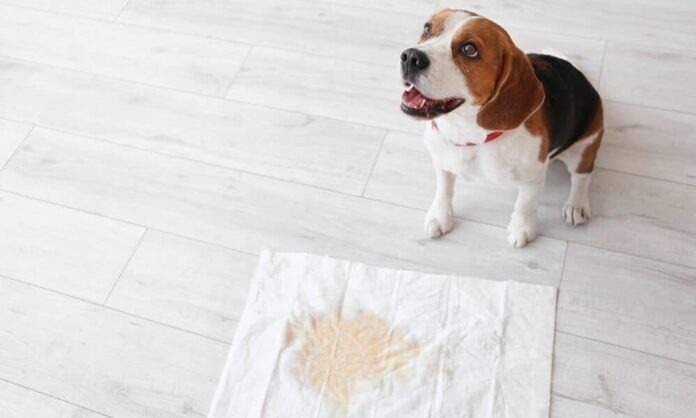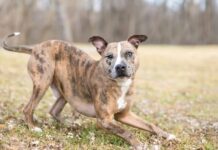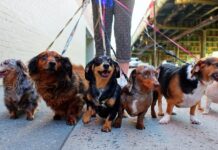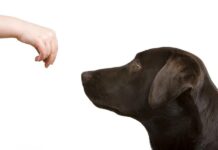House Training an Adult Dog: Essential Tips for Success
Bringing home an untrained adult dog comes with its challenges, but effective house training is achievable with patience and persistence. Whether your dog has lived outdoors or has developed undesirable habits, we outline a concise guide on how to house train your adult dog successfully.
Understanding House Training in Adult Dogs
House training an adult dog is akin to training a puppy, though it often takes longer due to ingrained habits. With dedication, however, most adult dogs can become fully house-trained within five weeks.
Key Strategies for House Training Success
To effectively house train your adult dog, consistency and vigilance are essential. Here are fundamental strategies to enhance your training efforts:
1. Establish a Routine
Dogs flourish with routine. Here’s how to establish a reliable schedule:
- Take your dog outside on a leash every two hours.
- Let your dog relieve itself immediately after eating, waking up, or going to bed.
- Select a designated area for bathroom breaks, but be mindful of your dog’s preferences; they may have their own favorite spots.
- Use a consistent command when it’s time to go.
2. Utilize Positive Reinforcement
Positive reinforcement is critical in teaching dogs desired behaviors. Here’s how to implement it effectively:
- If your dog successfully goes outside, reward them with praise, treats, or play.
- If they don’t go after three to four minutes, take them back inside, and try again after 20-30 minutes.
- Avoid scolding or negative reactions, as positive responses yield better results.
3. Supervise Closely
Constant supervision is vital for preventing accidents and recognizing signs that your dog needs to go out. Here are some tips:
- Limit your dog’s access to your home to areas where you’re present.
- Use baby gates to block off unauthorized areas.
- Consider the “umbilical method,” where you keep your dog on a leash that’s attached to you, ensuring they remain close at all times.
4. Avoid Punishment
When accidents occur, it’s crucial to respond appropriately:
- Blame yourself for not watching closely enough rather than reprimanding your dog.
- Praise your dog when they do well, rather than focusing on their failures.
- Do not rub their nose in accidents; this only breeds fear and confusion.
5. Be Firm, Not Angry
When you catch your dog in the act of misbehaving, communicate firmly yet calmly:
- Use a firm voice to say “No, don’t pee there,” then take them outside immediately.
- Once they’re outside, praise them for positive behavior enthusiastically.
Conclusion: Patience Is Key
House training an adult dog requires a realistic approach and ample time. Accidents will happen during the learning process, but with persistence and the right techniques, you can guide your dog to a successful routine.












